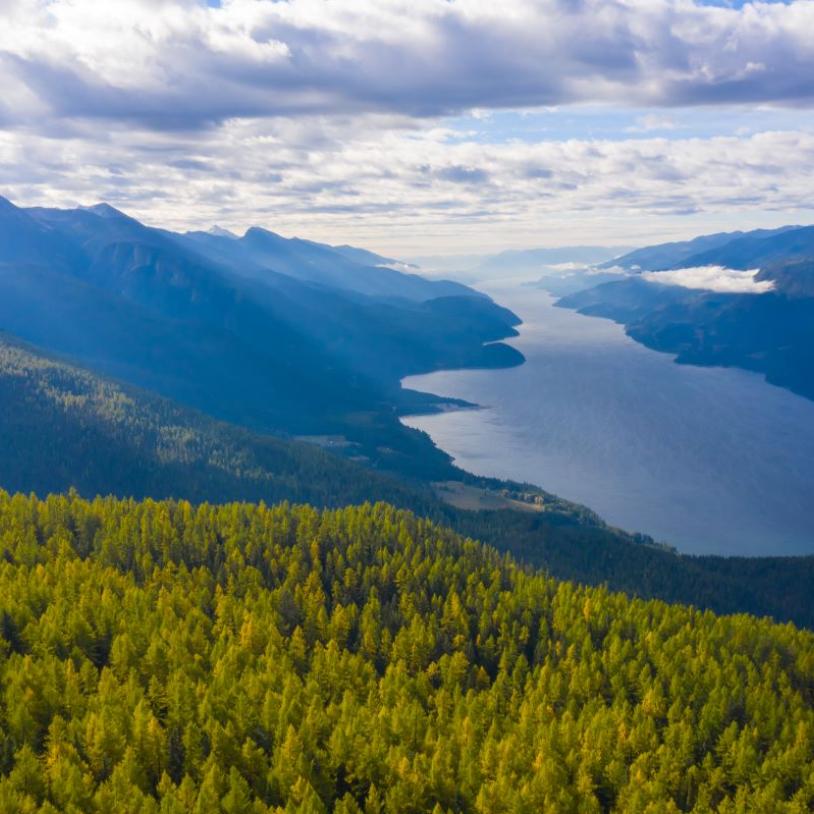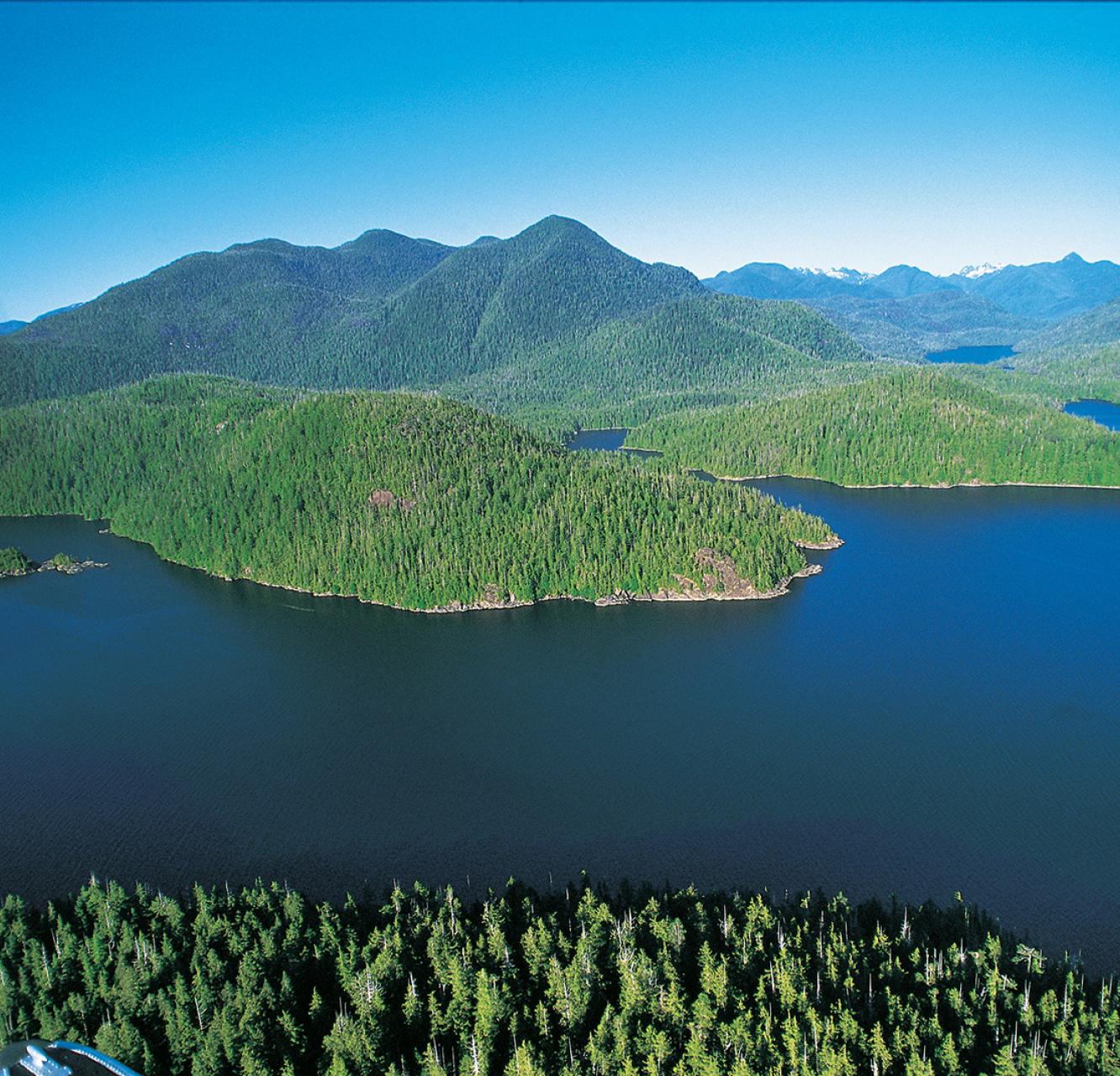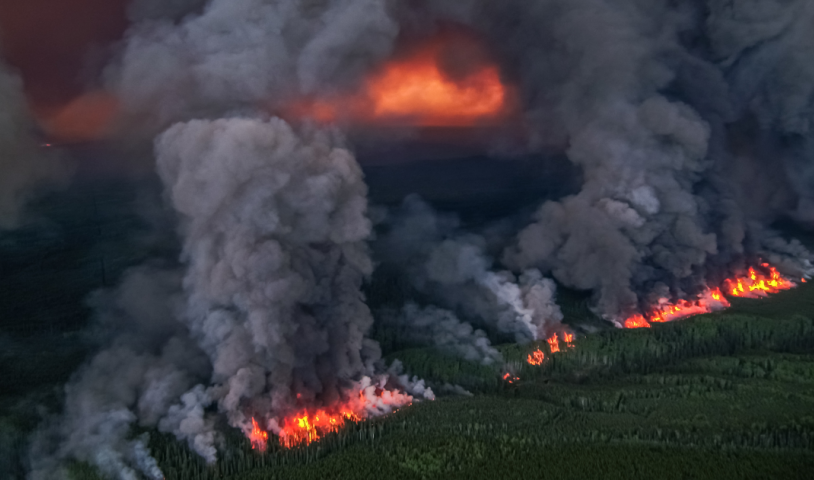Iisaak gets road permit for Flores
Thursday, April 7, 2011
"Flores Island supports a large, intact ancient rainforest that was included in the historic 1999 'no logging in intact valleys' agreement between Iisaak and major environmental groups," states a media release from Tofino-based Friends of Clayoquot Sound (FOCS).
That 1999 Memorandum of Understanding (MOU) was a mutual agreement aimed at protection of undeveloped watersheds in Clayoquot Sound with support from environmental group in marketing Iisaak's timber and non-timber products on the international market.
FOCS did not sign the MOU because it wanted to maintain an independent position.
By logging intact forests on Flores, FOCS say Iisaak has "deliberately broken that agreement."
Iisaak denies logging activity on Flores Island will break the MOU, and says the right to determine where to log should be left to the First Nations who own the company.
"Iisaak has not broken any agreement and, in fact, it is in the MOU that the Nations; Ahousaht, Hesquiaht, Tla-o-qui-aht, Yuu-cluth-aht and Toquaht would identify areas that are 'Eemiis' areas or areas that are precious to them," wrote Dave Jacobson, manager of corporate development for Iisaak, in an email to the Tofino-Ucluelet Westerly News.
Iisaak issued a media release in response to concerns about the MOU.
"The 1999 MOU was to be a starting point in a discussion regarding forest management priorities and objectives and did not permanently define areas to be reserved from harvesting," states the release.
Bonny Glambeck of FOCS says the global significance of Clayoquot Sound as a carbon storehouse is reason to sound the alarm over logging in intact watersheds.
"When Iisaak signed the MOU they acknowledged that this [Tree Farm License] came with an encumbrance, and that encumbrance is the concern of the environmentalists and the international community."
"We now understand that the carbon stored in Clayoquot Sound is important to mitigate climate change. There's a responsibility to care for these lands beyond just what happens in [Clayoquot Sound]," said Glambeck.
"I think that they've broken [the MOU] already by stacking up permits to prepare for logging on Flores Island, and certainly if they begin road blasting and logging," she said.
Glambeck added that if the MOU is broken, it is time to renegotiate.
"If we don't have an MOU we are back to a war in the woods," she said, referring to the logging blockades of the 1980s and 90s that put Clayoquot Sound on the map with the environmental movement.
FOCS is advocating alternative models of economic stability that are less dependent on logging.
The province's conservation financing model with the Great Bear Rainforest includes a $120-million funding agreement between federal and provincial government and local First Nations, designated protected areas and "lighter-touch" logging practices.
"If governments partner with First Nations and environmental groups in a conservation solution, there is an opportunity here to address the biodiversity crisis, mitigate climate change, and ensure the long-term well-being of local First Nations communities," said FOCS.
Iisaak says it would consider alternatives, as long as they generate the same economic benefits as current practices.
"The company will consider any land management option that [provides] a reasonable balance between protection, conservation for tomorrow and access to resources for jobs and social benefits today."





